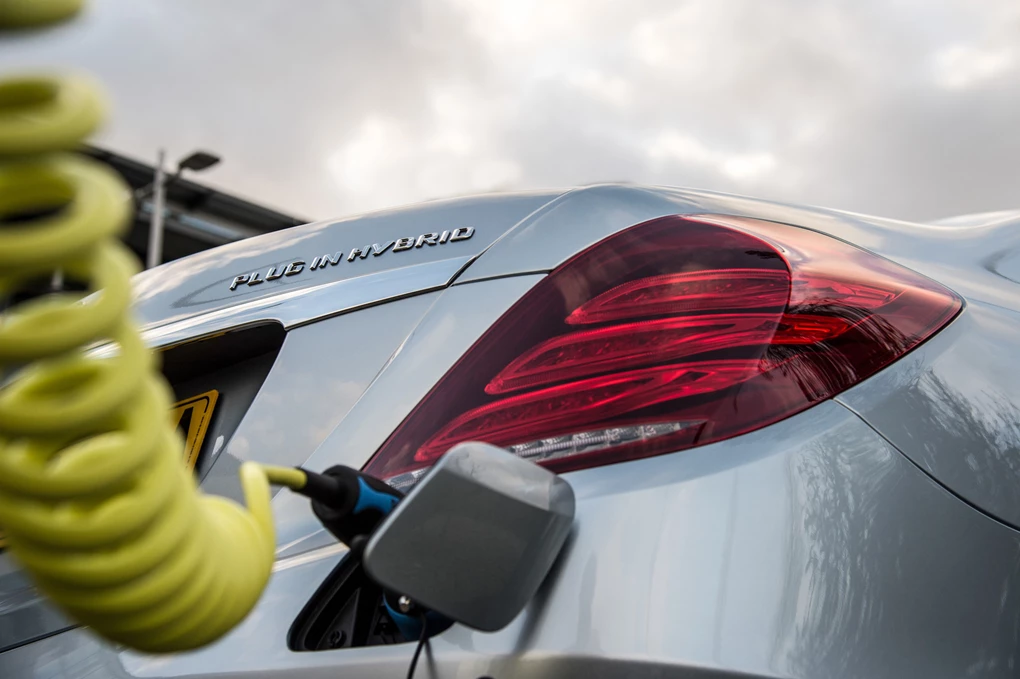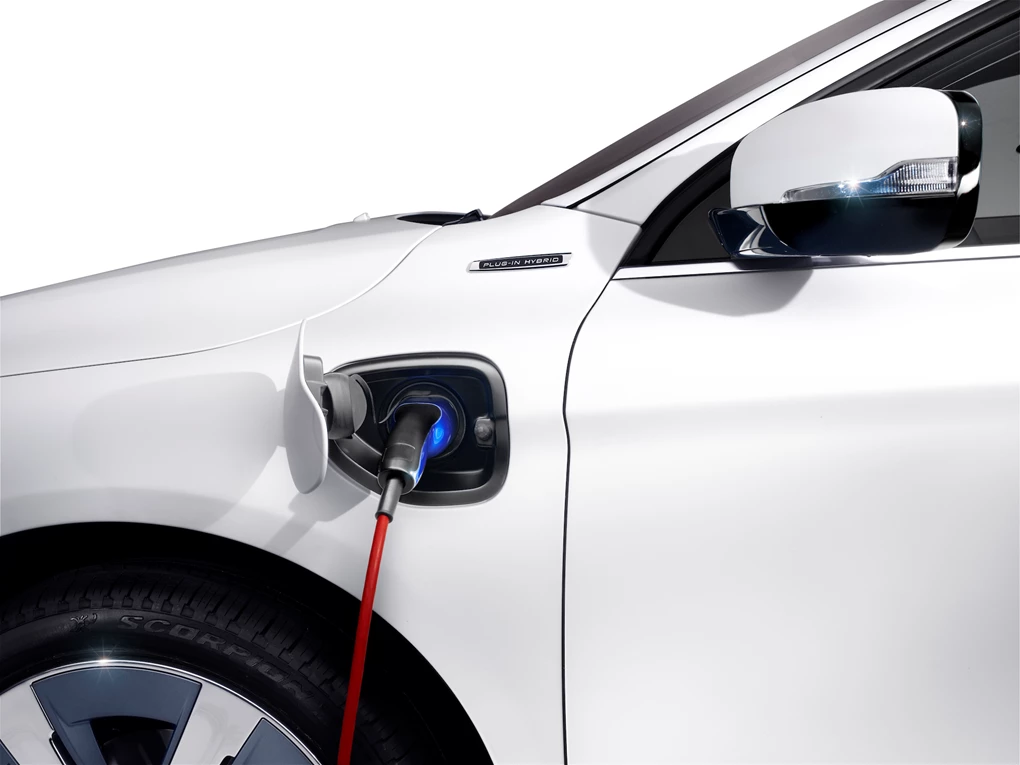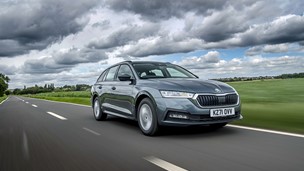If you’re looking to get plugged in to electric vehicles, then knowing about the UK Government’s plug-in car grant is essential. Here’s all you need to know in our handy guide…
What is the Plug-in Car Grant?
The Plug-in Car Grant was introduced in 2010 to incentive people into buying electric vehicles.
Initially, the scheme was a fairly straightforward one – you applied for the grant and were awarded £5,000 off the screen price of any electric car. The scheme was beneficial for consumers as it made the cost of EVs more accessible, while it was also an advantage for EV manufacturers as it saved them from having to discount vehicles in order to generate sales.
However, as electric vehicles have evolved, so has the market, and the grant has had to adapt to suit differences in consumer tastes and purchases, with varying levels of assistance dependent on what vehicle you buy.

What are the different grants available?
The amount of money you save on an alternative fuel vehicle depends on what model you're going for, because full-electric cars (EVs) have a larger discount than plug-in hybrids, though the discount for these is still worth having. The changes were introduced in 2016.
Should you want a fully electric vehicle, such as a Nissan LEAF, Volkswagen Golf-E, Renault Zoe or Smart ForTwo Electric, then the grant available is a flat-rate discount of £4,500.
If you want a Plug-in Hybrid models such as a Mitsubishi Outlander PHEV, Toyota Prius Pug-In, Mercedes C350e/E350e or BMW 330/530e, then the discount applicable is £2,500 off the manufacturer’s list price.
However, there is a £60,000 cap on list price to be eligible for the grant; the assumption being that vehicles which cost more than this don’t necessarily bring big environmental benefits (such as the Range Rover Sport Plug-In, for example), though these vehicles are still advantageous to company car users as they benefit from preferential benefit-in-kind tax rates.

How do I apply?
You don’t need to – it’s that simple. If you buy an EV or a Plug-In car from a main dealer, then the salesperson will fill out all of the relevant grant paperwork and apply for the discount at the time of the vehicle being registered.
You may be sent a YouGov questionnaire to fill in after you’ve bought the car, as the Government is keen to collect data on the typical EV buyer demographic, but apart from that you don’t have to do a thing.
Will the grant remain an incentive for much longer?
At present, the Government is doing all it can to get people into electric and alternative-fuel vehicles, so there are no plans at all to remove or reduce the Plug-In Car Grant. Indeed, the Government has said it will remain unchanged until at least 2020. After that, who knows, but if you’re thinking of making the switch to electric, there’s plenty of time to consider your options.




